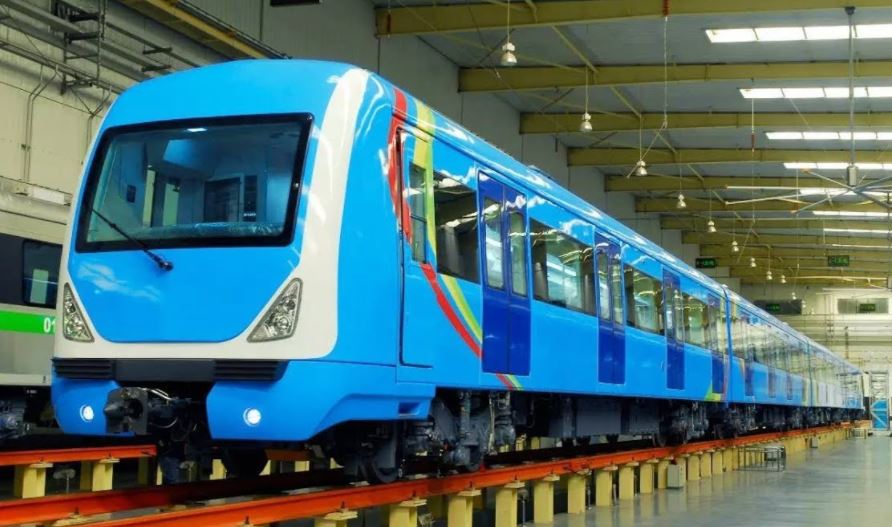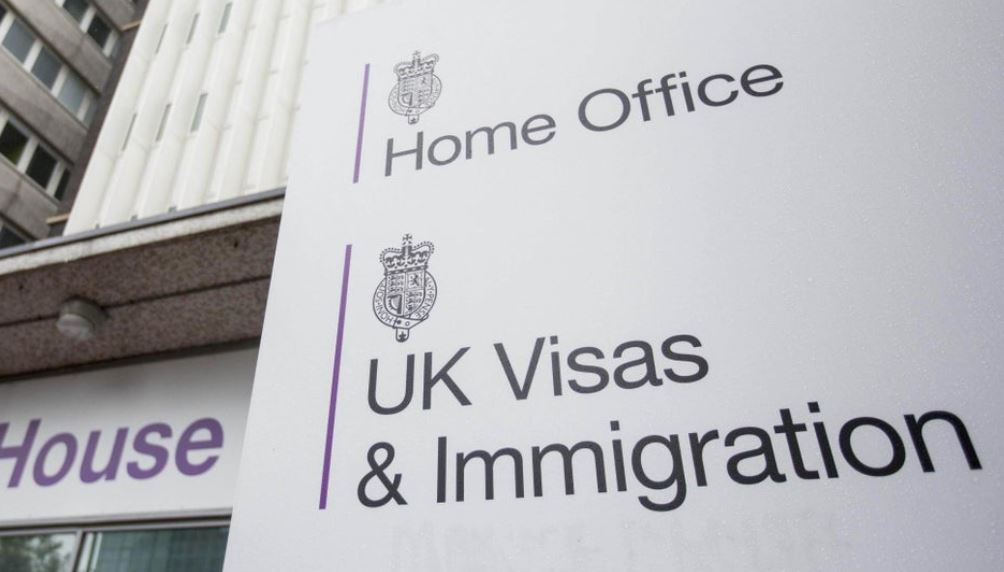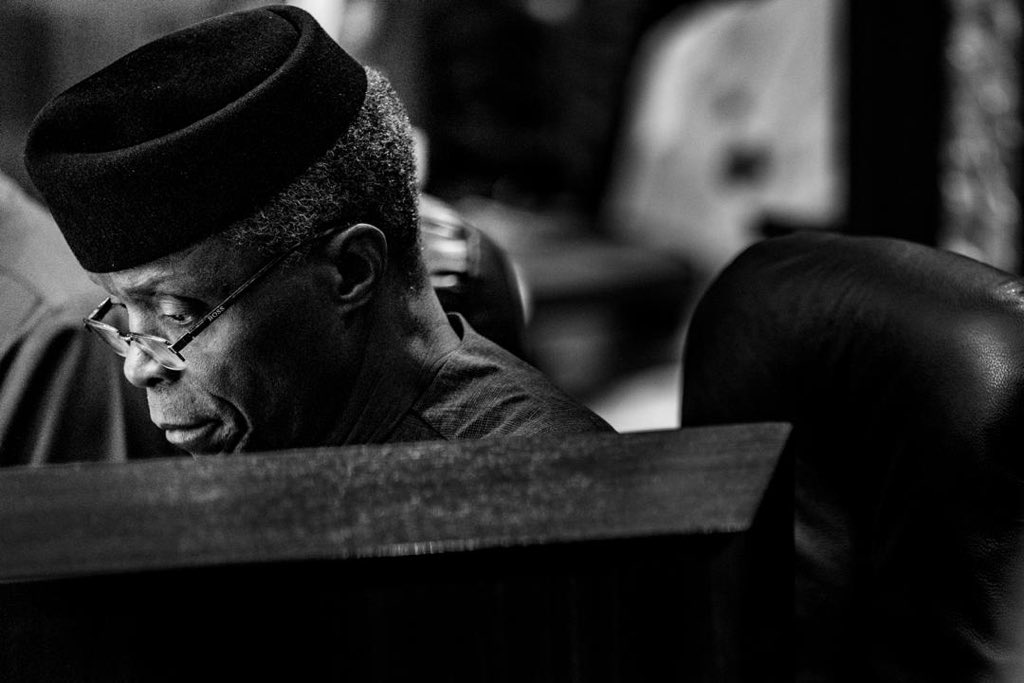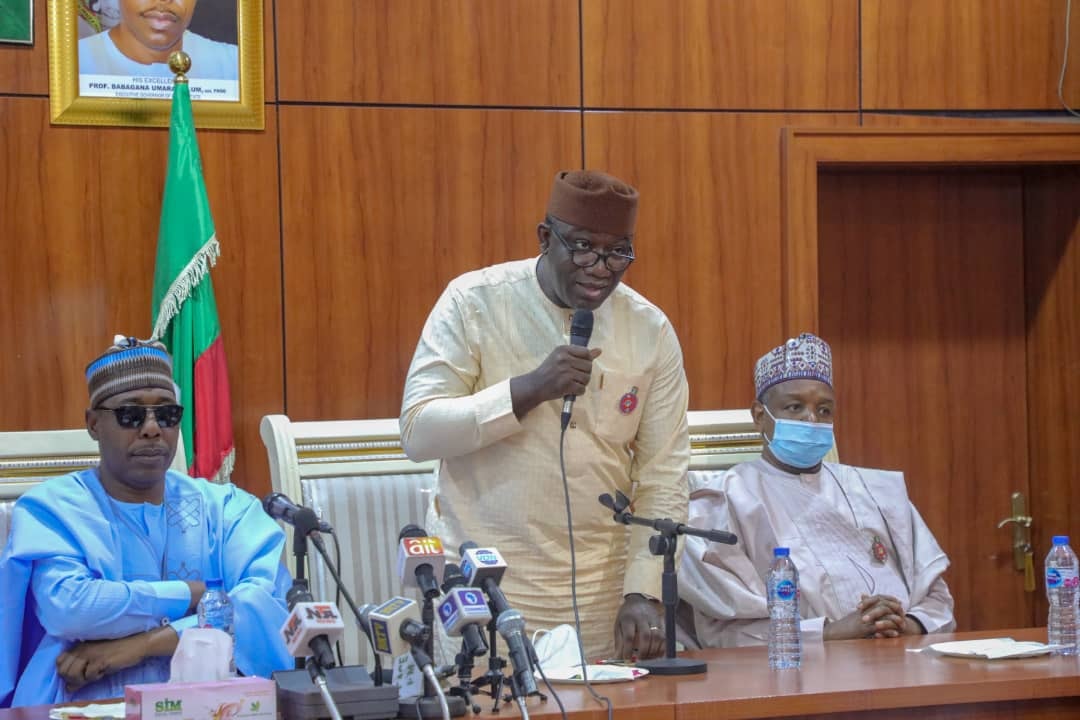The Lagos state government says it has partnered with the federal government on rail construction to diversify the mode of transportation.
Addressing journalists at a media roundtable during the weekend, Frederic Oladeinde, the commissioner for transport, explained that the first 12km of the Blue Line rail project -which stretches from Marina to Mile 2- will become operational in 2022.
The roundtable, which was organised by the Cyno Group and themed ‘Impact of the 2021 LASG Budget Proposal on the Economy and Youth Empowerment’, was also attended by Folashade Adefisayo, commissioner for education; Abisola Olusanya, commissioner for agriculture; Rabiu Olowo, commissioner for finance; Sam Egube, commissioner for economic planning and budget; Olatunbosun Alake, special adviser on innovation and technology; and Aramide Adeyoye, special adviser on works and infrastructure.
“From Mile 2 to Marina takes about two hours right now, by the time we implement that it will take 30 minutes,” Oladeinde said.
Advertisement
“The Red Line is also a very important project which this government has embarked on. It’s very important because that corridor caters for about a million trips and with the fact that the federal government is building that corridor to actually develop the Lagos-Ibadan rail line, the Lagos state government saw the advantage in collaborating with the federal government in sharing that corridor.
“And so we have signed the sharing agreement, all negotiations have been done, the Lagos state government will be adding some more stations. The federal government are developing three stations, that’s Ebute Metta, Iju, and Agbado.
“Lagos state will be incorporating Oyingbo, Ikeja, Yaba, and some other stations just to be sure we are able to move people from Agbado to Oyingbo in 30-35 minutes rather than the 2-4 hours that people are experiencing right now.
Advertisement
“And once that Red Line is completed, it will be able to cater for 450,000 passengers per day. That line will eventually end up in Marina, but the first stage is to develop Agbado-Oyingbo section.”
The commissioner said the state government is open to private sector investment to develop the Green Line (Marina to Lekki Free Trade Zone), Orange Line (Ikeja to Agbowa), Yellow Line (Ota to National Theatre) and Purple Line (Redeemed to LASU) while a monorail would be constructed for Ikoyi and Victoria Island.
Oladeinde also explained that the state government will demolish more roundabouts and junctions to reduce traffic time and solve the problem of traffic congestion.
“You will discover that most of our roundabouts are now bottlenecks, rather than solving problems they are now creating problems,” he said.
Advertisement
“What the current administration has done is to locate all the 60 gridlock points, that is the roundabouts and junctions that are causing problems and what we are doing is to reconfigure most of them.”
Using Allen Roundabout as an example, the commissioner said similar structures at Abraham Adesanya and Lekki have also been removed, will be replaced with traffic lights to ease traffic.
In his remarks, Rabiu Olowo, the Lagos state commissioner for finance, said the state has saved N15 billion from restructuring its debt and assured that the state will not plunge into a debt crisis.
Lagos, Nigeria’s commercial capital, records the highest internally generated revenue (IGR) in the country and it also holds the biggest debt burden.
Advertisement
“We have successfully restructured all existing internal loans. At a time they were hovering around 20 per cent and the first phase of restructuring brought interest on those loans down to 14 percent. With the current economic reality, we went into negotiation with our financial institutions to bring down the interest payment,”
“Once you are able to save money from debt service obligation, you are able to deploy more funds to provide more infrastructure such as roads, health, and youth empowerment, among others.
Advertisement
“Today, our existing loan payment interest is at 12 per cent and this has brought about N15 billion in terms of cost-saving.”
Olatunbosun Alake, special adviser to the Lagos state governor on innovation and technology, said the government is working on installing 6,000km of fibre optic cables in two phases.
Advertisement
This, he said, will eliminate issues of right-of-way and road digging for telcos and internet service providers.
Alake said public schools, health centres, and all government offices and parastatals will be connected to the fibre optic.
Advertisement
Add a comment







